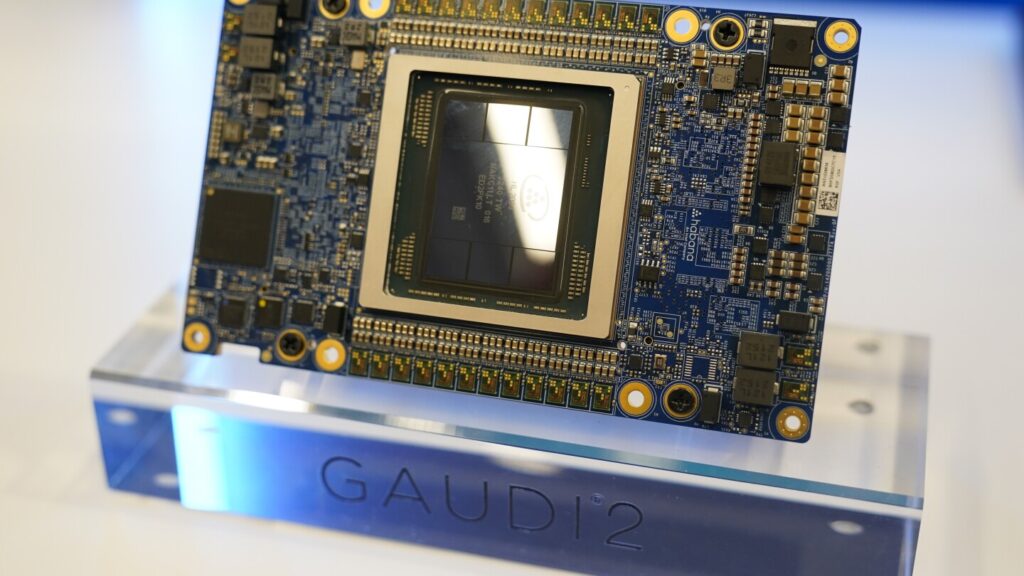The semiconductor industry in the United States has been undergoing significant growth and investment, with companies pouring billions into research, development, and manufacturing operations across the country. Particularly in the Greater Sacramento region, tech giants like Intel, AMD, Samsung, and Micron have been establishing a strong presence, aiming to enhance domestic chip production for various applications such as cars, smartphones, and more.
However, the Trump administration’s economic policies, including tariffs on key imports and investigations into chip imports, have posed challenges to this growth trajectory. The uncertainty surrounding trade policies and potential disruptions have led some companies to delay investments. Despite the U.S. being a major producer of certain semiconductor chips, its global production share has decreased over the years, necessitating a focus on boosting domestic manufacturing capabilities.
Legislation like the CHIPS Act, passed with bipartisan support in 2022, aims to revitalize U.S. semiconductor manufacturing and enhance national security by reducing reliance on foreign chip imports. This initiative is expected to significantly increase the country’s semiconductor manufacturing capacity in the coming years.
The Sacramento region has emerged as a hub for semiconductor innovation, attracting investments from companies like Bosch for electric vehicle chip production. Startups like Blaize, founded by former Intel employees, are contributing to the domestic chip production landscape, particularly in AI and security applications.
Despite the challenges posed by trade policies and global supply chain dynamics, experts anticipate a more diversified and resilient semiconductor ecosystem globally, with increased options for chip production. The industry’s future growth will depend on navigating trade uncertainties and fostering stable market conditions to encourage further investments.

